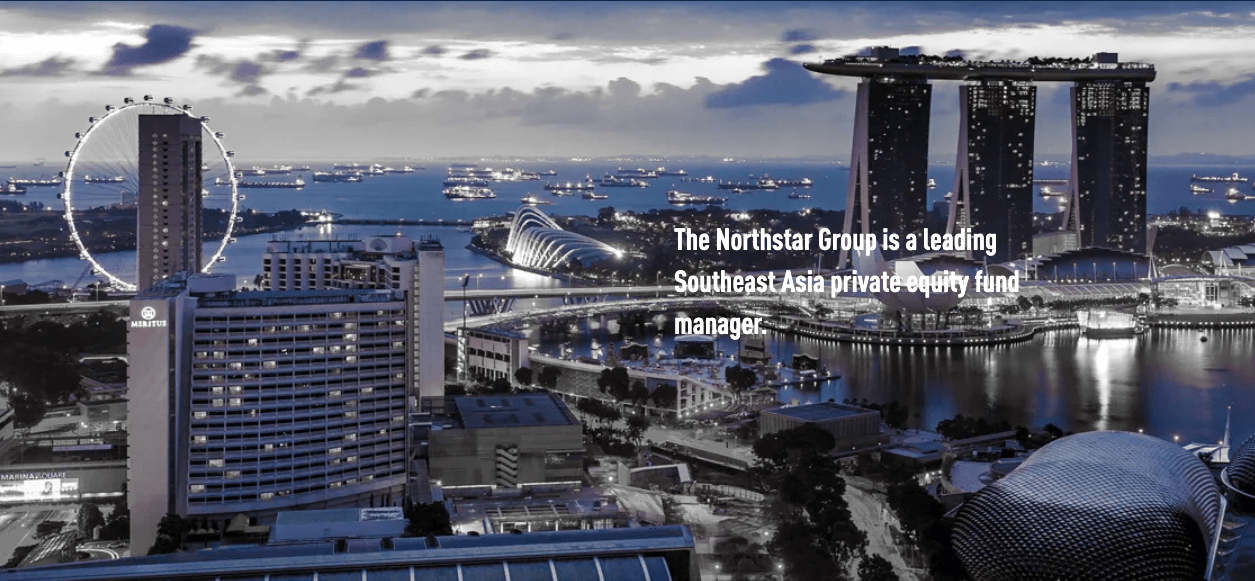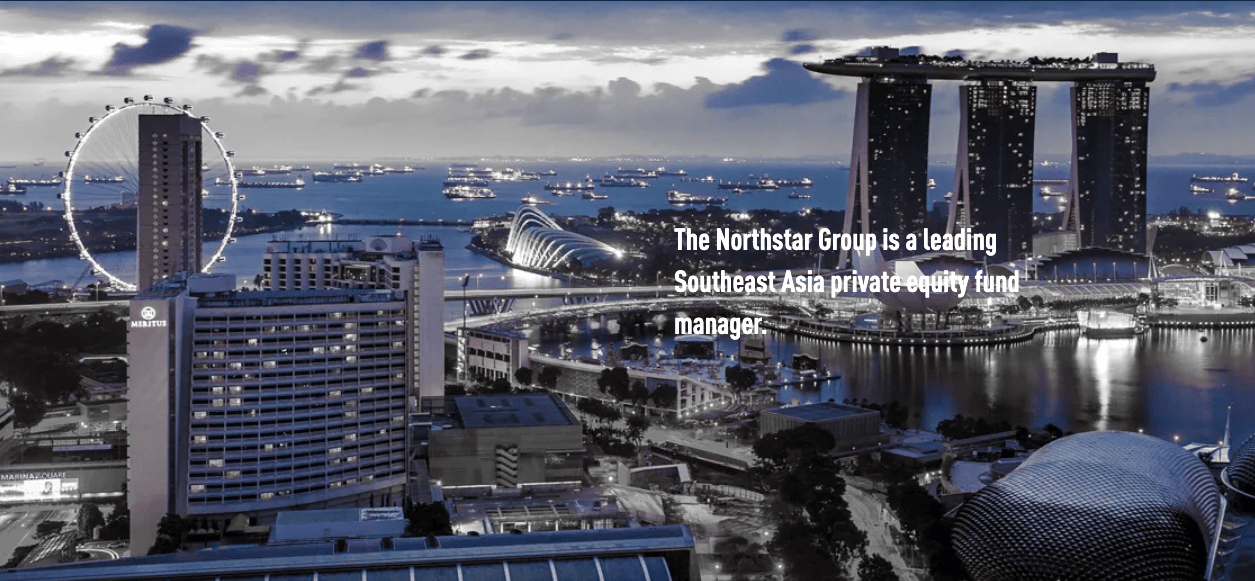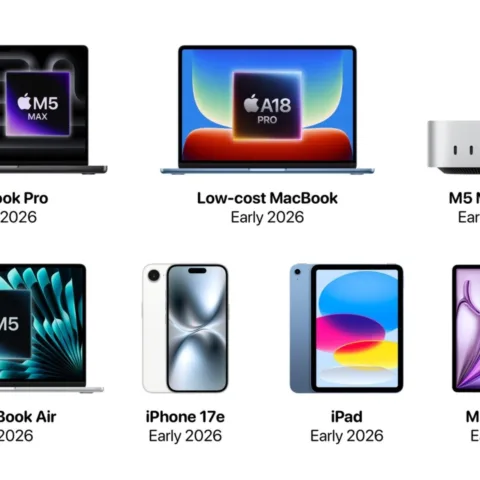 If you had been following my tweets yesterday or read the news online elsewhere you would have known that the Indonesian government is planning to exact revenge on Research In Motion for setting up manufacturing operations in Malaysia by imposing additional tax on imported BlackBerry devices.
If you had been following my tweets yesterday or read the news online elsewhere you would have known that the Indonesian government is planning to exact revenge on Research In Motion for setting up manufacturing operations in Malaysia by imposing additional tax on imported BlackBerry devices.
Indonesia and its government has long held strong animosity towards Malaysia despite or perhaps due to the shared heritage and culture. Claims of theft over cultural aspects and the arts have long been a sore point between the two countries and this latest decision by RIM only adds to that long list of reasons.
Indonesia is a massive market for RIM. Its one of the few countries in the world (if not the only one) in which BlackBerry devices outsell both iPhone and Android phones combined. The BlackBerry in this country is not seen as a business device but instead it is primarily a social device.
Whether you like it or not, the BlackBerry Messenger remains the primary tool for the middle and upper classes to communicate with each other. It has taken over SMS for those who have the device. Many of those who don’t have a BlackBerry settle for something that look similar enough so they can look like and pretend as if they’re using RIM’s devices.
Recently the Canadian company decided to set up a manufacturing plant in neighboring country Malaysia despite the devices being much more popular in Indonesia. As Malaysians prefer to go with non BlackBerry phones, it becomes a curious point to some as to the reasons behind the decision.
Gita Wirjawan, chief of Indonesia’s Investment Coordinating Board posed that very question as he reacted in dismay over RIM’s choice. He asked, “why did they choose to build in Malaysia?” He cited Malaysian sales figure of BlackBerry devices which comes in at around 10 percent of sales in Indonesia.
RIM was forced by the Indonesian government last year to set up an office in the country and provided service centers following an explosion of sales in the last few years. It also demanded RIM to handle service and repair requests for its devices which had been imported even without RIM’s authorization. In other words, BlackBerry service centers are expected to deal with authorized as well as unauthorized imports.
RIM was also required to comply with the government’s censorship scheme to restrict pornographic content over Indonesia’s data connections and to open its otherwise protected network to authorities for any lawful interception request over criminal investigations. The government additionally demanded the company to build a data center in the country which would comply with local laws and regulations to facilitate the aforementioned requests.
With the support of the country’s Industry Minister M.S Hidayat, Wirjawan is now proposing additional tax over products that are imported instead of manufactured locally. Hidayat said that the government should penalize companies whose imported products hold large market shares.
The Jakarta Globe quoted Hidayat saying, “I suggest we impose an additional value-added tax or luxury tax for such goods so that people would choose to invest here instead.”
The Globe noted that the Tax Law has a provision to allow the imposition of such a penalty over products used by the affluents whose numbers are very limited in comparison to the rest of the demographics. This proposal is still in the very early stage and won’t be implemented for a while yet.
This sort of reactionary move clearly shows the problems the country has with foreign investments. Instead of creating an open and welcoming opportunity for multinational companies to operate directly within the country, it looks like it’s trying its best to drive them away instead by way of threats. This immature reaction is the sort of thing you would expect to come across in school grounds.
This threat, even at this early stage, would easily drive foreign companies away. By the same consideration, companies like Google, Facebook, and Twitter, whose services are used by millions of middle and upper class demographics could be charged with similar demands over the use of their online services. What would stop the government to demand these companies set up a local data center that they can monitor and intercept?
Instead of jumping to this sort of reaction, the government probably should have looked at reasons why RIM decided to set up in Malaysia.
What sort of investment incentives and opportunities did the Malaysian government offer to persuade the company to locate there instead?
What barriers or hurdles did RIM consider to be too significant in Indonesia that it decided against setting up in the country?
Certain issues in this regard does not only pertain to official rules and regulations but also the issues of corruption. Indonesia scored 2.8 out of 10 in last year’s Corruption Perception Index and ranked 110 out of 178 countries while Malaysia came in at number 56 with 4.4 out of 10. That itself is a massive leg up for the neighboring country.
As Ong Hock Chuan at The Unspun Blog noted, “companies make business decisions on what’s good for their business.”
This obvious observation may have gone past the heads of the people in the Indonesian government as they continue to belief that market size will trump any other business consideration. What seems to be the more likely is that the cases against setting up in Indonesia weigh more over the cases for it, at least for RIM.
German company Bosch was another company that was highlighted by Wirjawan as it went with Malaysia to produce solar panels. Google has also been knocking on Indonesia’s door but may not be able to realize its plan to open an office in the country before the end of the year, as hoped by chairman Eric Schmidt on his recent visit to the archipelago.
Other international companies would do well to pay attention to this ongoing saga between Research in Motion and the Indonesian government if they decide to enter the Indonesian market. Indonesia needs to take a good look of itself before making these sorts of threats.











Nice post Aulia but have you tried to speak with Pak Gita directly? He’s a very smart, open guy and probably has some insights beyond what the other papers are reporting.
haven’t had the chance. I’m gonna give it a shot.
That’s a win-win situation.
Let Malaysia have the poorly featured, fragile RIM products and Indonesia switch to a more comprehensive Android based market.
I think the fool here is not the Indonesian government but RIM, who’s skipping a monumental occasion to re-flood the entry-level phone market with their older models and update the high-end market with more readily accessible products.
The corruption card doesn’t hold either, RIM is monitoring user data in Russia, India and China without any problem, Russia being lower in ranking than Indonesia, the other two not being very bright either.
Companies of the size of RIM should know better than just come in and sell their things. With such an enthusiast mobile and IT industry, there is a huge potential to contribute and help the country build a very strong IT economic base by providing resources, trainings, private universities… and benefit from the ingenuity of the local brain pool.
The problem with RIM is their voluntary blindness toward the Indonesian IT situation, and their “look at the awesome figures” approach. Indonesia market is as much about community and communication as it is about figures, and if RIM is great at the latter, they lamentably fail at the former.
I kinda agree with mr Gita’s point of view. If a product has a large sales and market in a specific area, its only logical that if they decide to open a regional office or production it should be in that area. I also agree with your point of view that we do need to change our country’s issues, but I’d be offended if the people in my country is just subjected as a consumer. I think the decision to imply larger tax on BB would be the same if they opened up production in other neighboring countries in the region.
I think the quote mentioned in the article, “companies make business decisions based on what’s good for their business,” is really the only relevant starting point to this argument.
As a company, you open manufacturing facilities where it makes the most economic sense to. It might happen to be where your biggest market is or it might not. If “it’s only logical,” then why didn’t RIM open a manufacturing plant here? Are you saying they’re behaving illogically? Why take offense to that?
This entire uproar is ridiculous. It should raise some interesting questions on the viability of Indonesia as a foreign investment destination, not petty objections on being snubbed by foreign companies.
An interesting post.
The government should find out why did RIM choose Malaysia instead of Indonesia,
and improve investment condition here.
Possible reasons for RIM’s decision:
1) availability of electronics suppliers
2) consideration for production for markets beyond Indonesia: eg North and South Asia
3) Malaysia’s long experience in electronics manufacturing
4) Indonesia did not actively pursue RIM
5) Highly competitive market (vs iPhones, Androids) means RIM does not have time or resources to nurture a pioneer manufacturing presence
Toyota announced today it is building a USD 388 million plant in Indonesia for the ASEAN market.
What the heck, all ASEAN countries should boycott Toyotas from Indonesia.
They should insist Toyota assemble the cars in their respective countries.
Makes sense?
Too many corrupt entity in Indonesia, No Wonder !!!